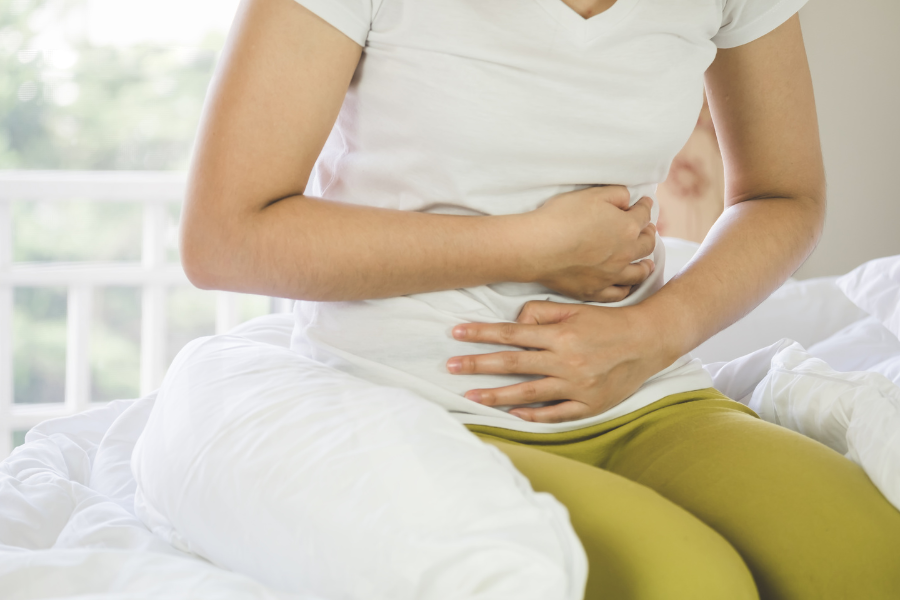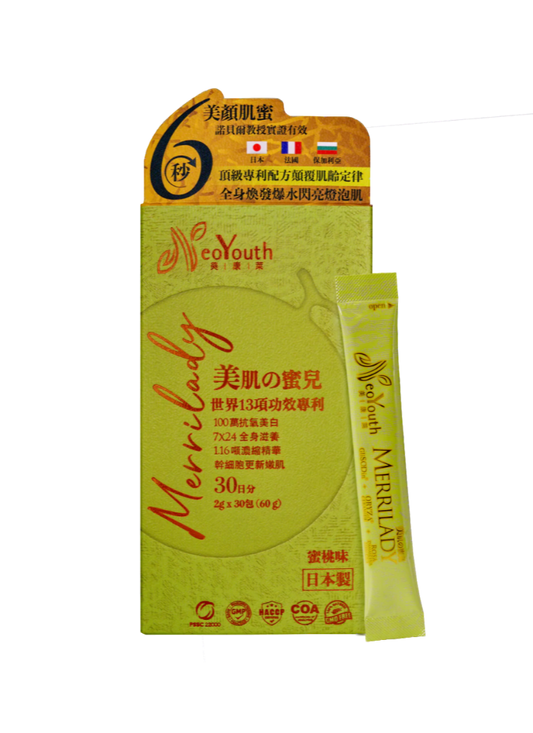Modern lifestyles, characterized by work stress , poor dietary habits, and lack of exercise, are leading to a growing number of people experiencing gastrointestinal dysfunction, with slow bowel motility being a common issue. Symptoms of slow bowel motility include bloating, indigestion, and other discomforts, impacting daily life. This article will delve into the causes of slow bowel motility and methods for improvement, helping readers better understand and manage this health problem.
What constitutes slow intestinal motility?
Intestinal peristalsis refers to the regular contractions of the smooth muscles in the intestines, which help food move from the stomach through the intestines to the anus. If intestinal peristalsis slows down, food residue and digestive juices will remain in the stomach and intestines for a longer period of time, further leading to indigestion and a series of health problems.
Symptoms of slow gastrointestinal motility
Slow bowel movements can significantly impact daily life, particularly in terms of eating and bowel movements. When intestinal motility decreases, food moves slowly through the digestive system, causing discomfort. These symptoms not only affect digestion but can also lead to other health problems. Here are some common symptoms of slow bowel movements:
bloating
Slowed intestinal motility is a typical symptom of bloating. Slowed intestinal motility prolongs the digestive process, causing food residue to ferment in the stomach and intestines, producing excessive gas and ultimately leading to bloating. Patients often feel abdominal swelling and heaviness, which can even affect breathing.
indigestion
Slow intestinal peristalsis makes food digestion difficult, easily causing bloating, a heavy feeling in the stomach, and a prolonged feeling of fullness after meals.
Difficulty defecating
Because of weakened intestinal peristalsis, defecation becomes difficult, which may lead to constipation or even hemorrhoids in the long run.
Loss of appetite
Persistent bloating or discomfort can lead to a loss of interest in food and affect nutrient intake.
Fatigue and discomfort
Weakened digestive function can affect nutrient absorption, leading to fatigue. Some patients may also experience mild nausea or heartburn.
Causes of slow gastrointestinal motility
The causes of slow gastrointestinal motility are quite complex, closely related to a variety of factors such as lifestyle habits, dietary structure, and emotional state. The following are the main factors contributing to slowed gastrointestinal motility:
Unbalanced diet
A diet lacking fiber, such as one that consumes excessive amounts of fried foods, refined sugars, or high-fat foods, can slow down intestinal digestion.
Lack of exercise
Modern sedentary lifestyles reduce intestinal muscle activity, directly affecting gastrointestinal motility.
Stress and emotions
Prolonged stress can suppress the parasympathetic nervous system, leading to a decline in gastrointestinal motility and potentially triggering irritable bowel syndrome (IBS).
Insufficient water intake
A lack of sufficient water can harden the intestinal contents, further exacerbating the slowed peristalsis.
Disease or medication effects
For example, hypothyroidism, diabetes, and certain medications (such as painkillers and antidepressants) can slow down gastrointestinal motility.
Methods to improve slow gastrointestinal motility
Improving slow bowel movements can help enhance overall health. Many people can effectively improve their gut function and reduce discomfort by adjusting their diet, increasing exercise, and cultivating healthy lifestyle habits. Here are some specific suggestions to help you restore healthy gut function:
Adjusting dietary habits
- Increase dietary fiber: Consuming more foods rich in dietary fiber, such as whole grains, vegetables, and fruits, helps promote intestinal motility.
- Avoid gas-producing foods such as beans, carbonated drinks, and high-fat foods to reduce the burden on your digestive system.
- Eat small, frequent meals: This reduces stress on the digestive system and helps food be digested and absorbed more effectively.
Increase physical activity
Moderate exercise, such as walking, jogging, or yoga, can help stimulate bowel movements. Maintaining 30 minutes of moderate exercise daily not only improves digestion but also enhances overall health.
Stress reduction and mood regulation
Regular meditation, deep breathing exercises, or engaging in enjoyable activities can help relieve stress and promote normal gastrointestinal function.
Maintain sufficient moisture
Drinking enough water every day, especially when eating high-fiber foods, can help the stomach and intestines digest more efficiently.
Adjust your lifestyle
Establishing regular meal and bowel movement times and developing good gut habits can help improve slow intestinal motility.
Use probiotic supplements
Probiotics can improve the balance of gut microbiota and help restore normal digestive function.
Seeking medical help
If slow bowel movements continue to affect your life, you should consult a professional doctor and undergo further examination or treatment if necessary.
NeoYouth Calonara from Japan helps solve bloating and restore a light and slim figure.
NeoYouth Calonara, a slimming product from Japan, contains DetoSenna® winged ironwood extract and apple fiber. Its ultra-high fiber content, at least 35 times higher than lettuce, enhances food digestion, helps improve the gut microbiota, alleviates constipation and promotes bowel movements, restoring a flat stomach while providing a feeling of fullness and suppressing excessive appetite. These natural ingredients have shown significant clinical efficacy, with noticeable results after just one bottle. They help reduce oil and sugar intake, combat fat accumulation, regulate appetite, and promote digestion, helping you rebuild a healthy and confident, light physique.
Slow bowel movements and bloating can severely impact daily life. However, by understanding the causes of slow bowel movements, most people can effectively improve their condition by adjusting their diet, increasing exercise, reducing stress, and developing healthy lifestyle habits. A healthy gut is the foundation of a happy life. For those concerned about gut health, NeoYouth Calonara is an ideal choice.





